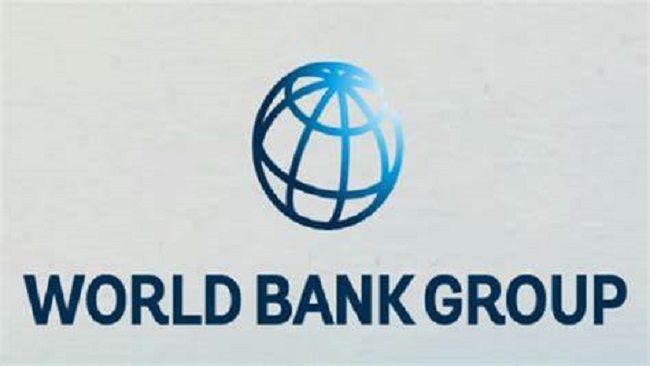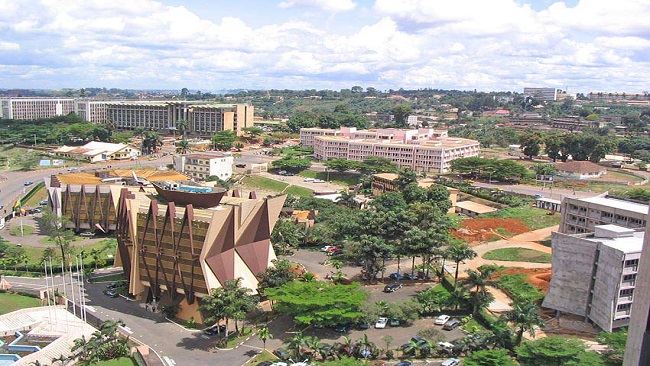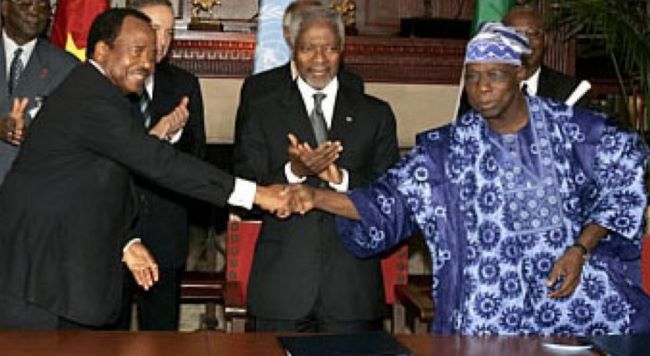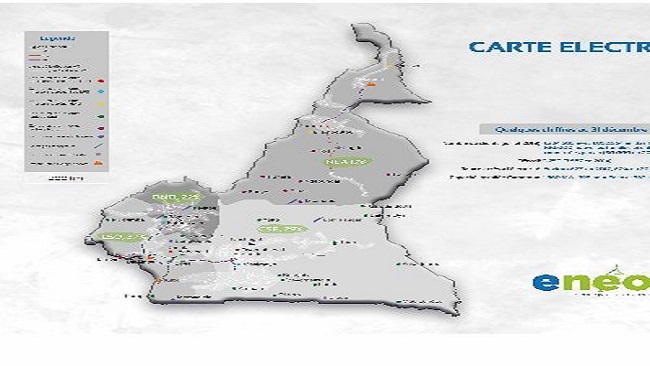16, April 2025
World Bank increases funding to Cameroon by 21% 0
The World Bank has stepped up its financial support to Cameroon. Since April 2023, the institution has added $826 million, or about CFA475 billion, to its local portfolio. The total now stands at $4.5 billion, or roughly CFA2,700 billion, up from $3.7 billion (CFA2,220 billion). This marks a 21% increase in just two years.
Cheick Fantamady Kanté, who oversees the World Bank’s Cameroon portfolio, shared the news during a review session held on April 14, 2025, focusing on the projects funded by the institution.
There are 22 active projects in Cameroon backed by the World Bank. These include both national and sub-regional programs, with 17% of them classified as national projects that include direct budget support. Kanté highlighted that the energy and transport sectors alone absorb $2.3 billion (about CFA1,380 billion), making up half of the total commitment.
Figures from Cameroon’s Ministry of Economy show that 66% of the funds are going into infrastructure. That translates to ten ongoing projects: four in energy, five in transport, and one focused on digital transformation.
The rural development sector has four projects. Governance accounts for three, education has two, and social development is represented by just one.
The significant increase in funding reflects the World Bank’s continued commitment to building up Cameroon’s key infrastructure, while still supporting essential social programs.
Source: Business in Cameroon

























18, April 2025
World Bank to inject extra CFA20bn into Cameroon’s Social Safety Program 0
The World Bank has announced an additional CFA20 billion (about $35 million) in funding for Cameroon’s adaptive social safety net and economic inclusion project. The funds will help support vulnerable families affected by the 2024 floods in the Far North region.
Cheick Fantamady Kanté, the World Bank’s Country Director for Cameroon, made the announcement on April 14 during a portfolio review meeting with government officials in Yaoundé. He said the extra funding is in its final stages of preparation and will be used to strengthen emergency support for about 100,000 more households in need.
With this new commitment, total funding for the program will rise to roughly CFA166 billion. Of that, the World Bank will have provided CFA112 billion, with the remaining CFA54 billion coming from Cameroon’s national budget. The program was originally designed to help 356,000 people between 2023 and 2028. The new funds are expected to push that number even higher.
Launched in December 2023, the project marks the second phase of Cameroon’s broader social safety net strategy, which began in 2013. Like the first phase, it aims to support the country’s poorest households and promote entrepreneurship among young people between the ages of 18 and 35, especially in cities.
The project is structured around five core components. First, it offers regular cash transfers to low-income families, combined with basic guidance to help them become more resilient and productive. Second, it includes emergency cash payments for families affected by climate shocks, conflict, or large-scale displacement. Third, it provides money in exchange for participation in labor-intensive public works programs in both rural and urban areas.
The fourth component targets urban youth working in the informal sector, helping them launch small income-generating activities as a way to survive through self-employment.
Finally, the program also offers financial and technical support for young entrepreneurs with viable business plans, aiming to help them bring their ideas to life and join the formal economy.
Source: Business in Cameroon